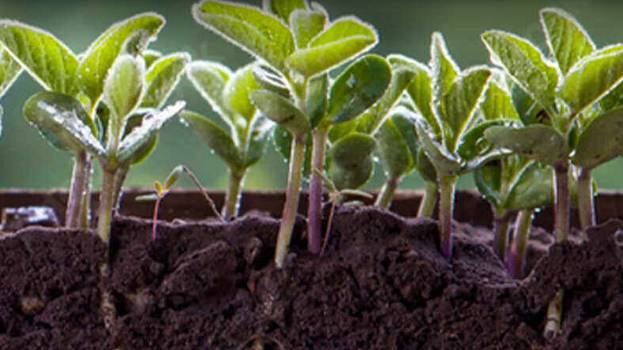Despite Challenges, Europe’s Crop Protection Market Shows Opportunities
The global crop protection industry keeps facing challenges. Supply chain disruptions caused by war in Eastern Europe, Chinese environmental policies, trade wars, and tariffs, among other issues, create difficulties for all entities in the industry.
Agricultural market intelligence provider AgbioInvestor tracks and evaluates the data and shares their insights on how these issues will affect the European crop protection market over the next several years.
Among the many topics discussed in an AgbioInvestor exclusive report to AgriBusiness Global DIRECT, is the conflict between Ukraine and Russia.
“With these countries being significant exporters of a number of crop commodities, there were far-reaching impacts across global agriculture and economics,” said company Co-Founder Derek Oliphant. “In addition, the conflict and subsequent sanctions on Russia led to very high energy costs throughout the region as well as a shortage, and subsequent price inflation, of key inputs such as fertilizer.”
The world in general and agriculture in particular is intricately connected. And despite the many questions about where difficult geopolitical events will take the industry, there is still a lot of positive.
“While there are a number of challenges facing the European crop protection market in the coming years notably stemming from the regulatory landscape and subsequent restriction on product choice, there remain opportunities in the region,” Oliphant said. “This stems from growth markets such as low-tox/low-volume pesticides, including both conventional and biological products; and growth countries, which are further behind in terms of product adoption and technification, such as the more recent EU entrants of Romania and Bulgaria, as well as non-EU countries such as Russia and Ukraine (providing political issues are resolved).
“There also remain opportunities for more low-tech product introductions as have been identified in recent years, such as the market expansion for niche actives such as prosulfocarb and folpet as alternatives to established products, which have been regulated out of the market,” he continued. “Clearly, a number of challenges exist in what is generally regarded as a mature market in terms of crop production, however if these can be overcome then there is significant potential to benefit from the push toward more sustainable crop production systems.”






